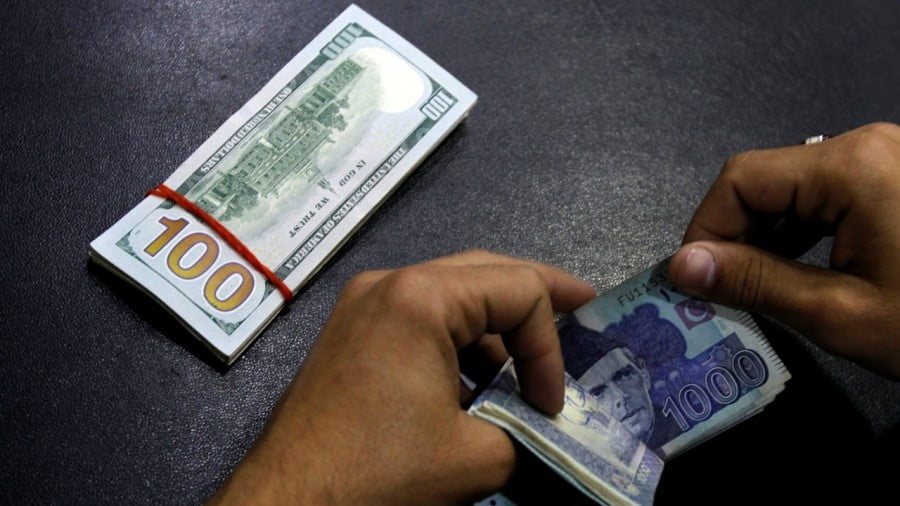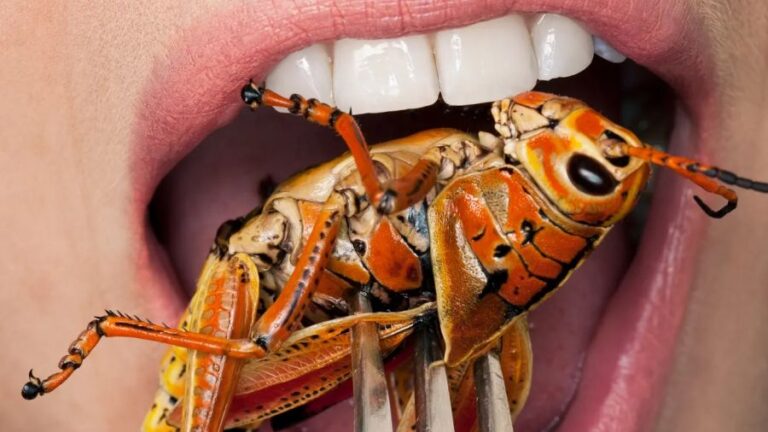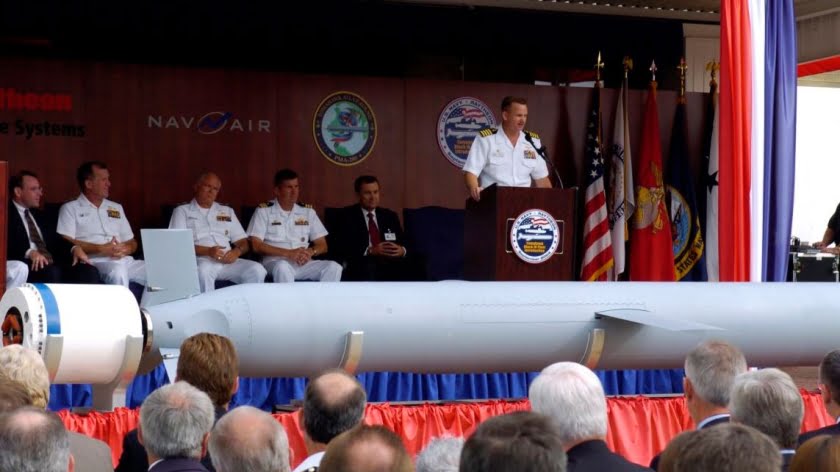Strategic Insight into the French-Malian-Russian Triangle
OneWorld is publishing the full text of the interview that Andrew Korybko gave to Giorgio Cafiero on this topic, some excerpts of which the latter included in his recent article for TRT World titled “Mali Could Rewrite Russian-French Relations In The Sahel”.
1. Could Russia fill a void in Mali’s security architecture and counter-terrorism landscape that some expect France to soon leave?
Russia doesn’t have any plans to officially do so, but non-state actors like Wagner that have reportedly been associated with the Kremlin could potentially attempt to instead per some recent rumors. If that ends up happening, then they’ll likely have a fair chance to succeed. France would indeed be leaving a security void that Mali would be anxious to fill as soon as possible, and Wagner could be a perfect fit.
They operate in the shadows and will thus come under a lot less scrutiny than the French forces were. In addition, because they’re not interested in “promoting democracy” or “supporting human rights” like Paris officially is, they’ll have greater flexibility in what they do. This aligns with the Malian authorities’ interests and suggests that Wager could be a more effective security asset than their former allies.
That said, it could be expected in that scenario that the group would probably figure prominently in Western governments’ reporting about the next stage of that country’s conflict. This is because its reported ties with the Kremlin make it a convenient target for their information warfare against Russia. In this context, it’s to raise alarm about Moscow’s suspected intentions in Africa.
2. What takeaways from the Wagner Group’s experiences in the Central African Republic (or other African countries) are relevant to what might come next for this Russian PMC in Mali?
Russia’s experience in the Central African Republic (CAR) has been successful insofar as establishing, entrenching, and expanding its influence in this geostrategically positioned state through the “military diplomacy” associated with its bespoke “Democratic Security” model there. The host government continues to survive though anti-government groups still haven’t been defeated.
Wagner must have learned a lot over these past couple of years of its operations there. These lessons can be useful in supporting the Malian military should the group be contracted by them to fill the security void that France might soon leave. The operational terrain is different in the Sahel than in Central Africa, though, so they’ll also have to continue learning as they go.
This PMC has been accused of human rights abuses, but such claims haven’t been independently confirmed. Nevertheless, such scandals will likely follow it to Mali, whether or not they’re actually true. That’s because they implicate the Russian state due to the group’s reported connections with it. France, resentful of being replaced by Russia in Mali via Wagner, might take the lead in reporting about this.
3. What are Russia’s long-term interests in Mali?
Russian interests in Mali are the same as its interests elsewhere in Africa, which is to export Moscow’s model of what can be described as “Democratic Security”. This refers to counter-Hybrid War tactics and strategies aimed at “regime reinforcement”, the opposite of the West’s regime change model. It’s expected that exports of this hybrid “political-military technology” can reap economic dividends.
In particular, Russia seems interested in having its leading companies obtain preferable contracts for resource extraction. The country also seems interested in cultivating new political allies in the “Global South”, both for the purpose of gaining more influence at the UN and also because Africa is a growing theater of Great Power rivalry in the New Cold War. By inertia, Russia feels compelled to play along too.
Concerning Mali, it’s important to point out that this country is considered to be within France’s “sphere of influence”. Potential Russian inroads there would thus represent a victory against that Western European country. While this could provoke a fiercer proxy competition between them in “Françafrique”, it might also be leveraged to de-escalate tensions and regulate their rivalry afterwards.
4. While Macron’s administration emphasizes that it does not see Russia as an enemy and takes a softer line against Moscow compared to some other western governments such as the US, how might competition for influence in Mali impact the France-Russia relationship at large?
Mali could be a chip in Russia’s hand for prompting negotiations with France for comprehensively updating their relations. What’s meant by this is that Russia also doesn’t see France as an enemy despite these two Great Powers clearly competing with one another for influence all across “Françafrique”. If Russia became a force there that can no longer be ignored, it’ll have much more of France’s attention.
That in turn could be leveraged in other geostrategic directions such as discussing cooperation on European affairs like Ukraine for instance in exchange for freezing their “Françafrique” rivalry. This outcome would be mutually beneficial since France is in a “friendly” competition with Germany for influence over Europe and Russia wants to diversify its Great Power partners there.
As long as French companies aren’t kicked out of the African countries in which Russia expands its influence, then Paris might be able to make peace with Moscow’s new military-driven “Democratic Security” role. France would prefer to retain its political influence, but it’s difficult for it to do if it continues behaving hegemonically and thus creating opportunities for Russia to exploit.
Some excerpts from this interview were included in Giorgio Cafiero’s recent article for TRT World titled “Mali Could Rewrite Russian-French Relations In The Sahel”.








3 Comments
Comments are closed.